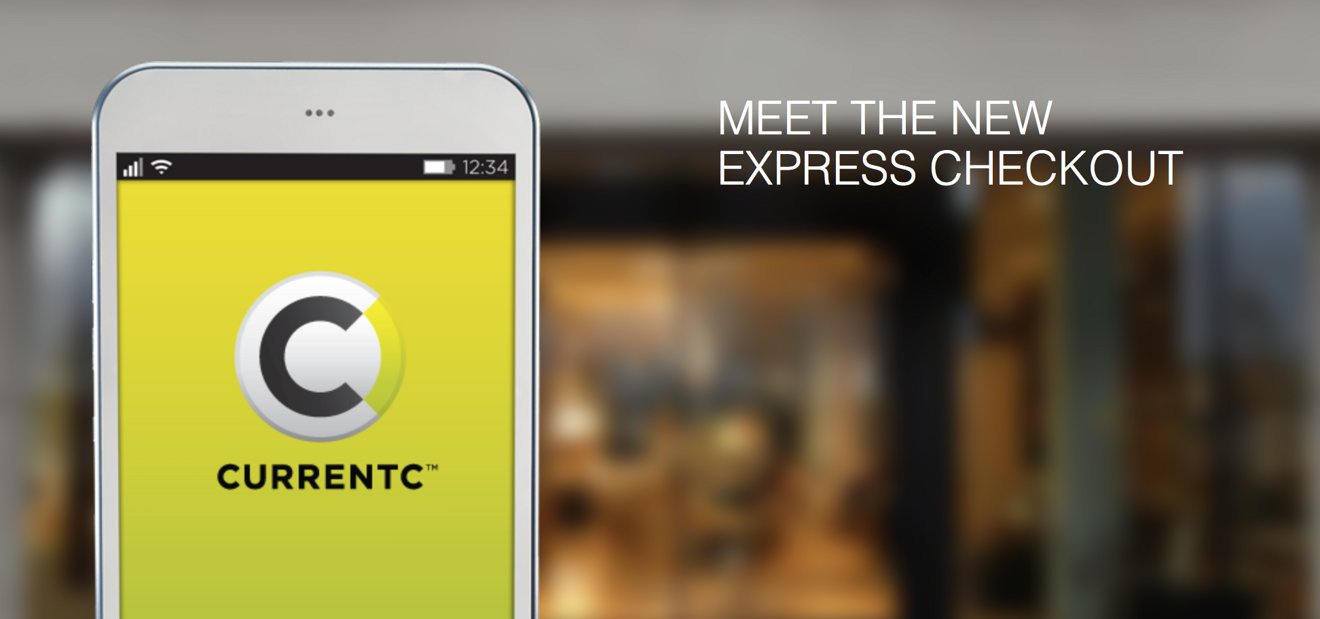MCX defends CurrentC against Apple Pay controversy, says sensitive customer data is saved in the cloud
As Apple Pay and Google Wallet users have joined together in an attempt to fight a consortium of retailers that have blocked NFC-based payments, the company behind the CurrentC mobile payment program has come out in defense of itself, saying that members of the public are "misinformed."
MCX posted a new blog post on Wednesday entitled "Answers to Your Questions," in which CEO Dekkers Davidson promoted his company's forthcoming CurrentC mobile payment service. A number of major retailers are partners in the program, and the contract forbids them from using alternative mobile payment services like Apple Pay.
But while CurrentC is an exclusive program, retailers who wish to stop working with MCX do not pay any fines, Davidson said. He also touted "key benefits" of the system, such as cross-platform compatibility, and the ability to integrate coupons, loyalty cards and payment methods into one "seamless transaction."
Davidson also addressed concerns about consumer privacy and data security, particularly considering the service taps directly into users' bank accounts rather than using credit cards. The CEO said that MCX will not store sensitive customer data within the application, and will instead save it on a "secure cloud-hosted network."
"Removing this sensitive information from the mobile device significantly lowers the risk of it being inappropriately disclosed in a case that the mobile device is hacked, stolen or otherwise compromised," Davidson wrote.
As for collection of consumer data, the MCX chief executive said users will be able to "make informed decisions" about their personal data through a privacy dashboard in the CurrentC mobile application. CurrentC will also comply with privacy laws required by the Health Insurance Portability and Accountability Act, or HIPAA.
"CurrentC does not collect any information from any other apps, or health information stored in the mobile device," Davidson said. The CEO also included a link to the CurrentC privacy policy, but as of Wednesday morning the page was broken, returning a 404 error.
MCX has found itself under fire after merchant partners Rite Aid and CVS began declining Apple Pay and Google Wallet NFC-based transactions this past weekend. Other MCX partners, including Walmart and Best Buy, have already announced they will not support Apple Pay.
The CurrentC payment system from MCX is set to roll out in 2015, and it relies on unique QR codes that are presented upon checkout. Unlike Apple Pay, which allows users to simply place their iPhone within proximity of a compatible terminal and authorize the purchase with their fingerprint, CurrentC requires users to unlock their device, launch the application, and have a retail employee scan the QR code displayed on their device.
The consortium is looking to bypass credit card network fees by linking directly to customers' bank accounts, which has raised some security concerns amongst critics. Apple's system instead works with existing credit card providers, allowing users to continue to receive the same points, benefits and rewards when completing transactions via their iPhone.
In addition to avoiding swipe fees, CurrentC enables purchase tracking and processing for loyalty programs, coupons and special offers to further boost MCX merchant sales.
Apple Pay launched on the iPhone 6 and iPhone 6 Plus last week, and users activated more than one million cards in the first 72 hours of availability. That means within just three days, Apple Pay became the largest contactless payments service in the U.S., outpacing services like Google Wallet which have been on the market for years.
 Neil Hughes
Neil Hughes












 Malcolm Owen
Malcolm Owen
 William Gallagher and Mike Wuerthele
William Gallagher and Mike Wuerthele
 Christine McKee
Christine McKee
 William Gallagher
William Gallagher

 Marko Zivkovic
Marko Zivkovic









